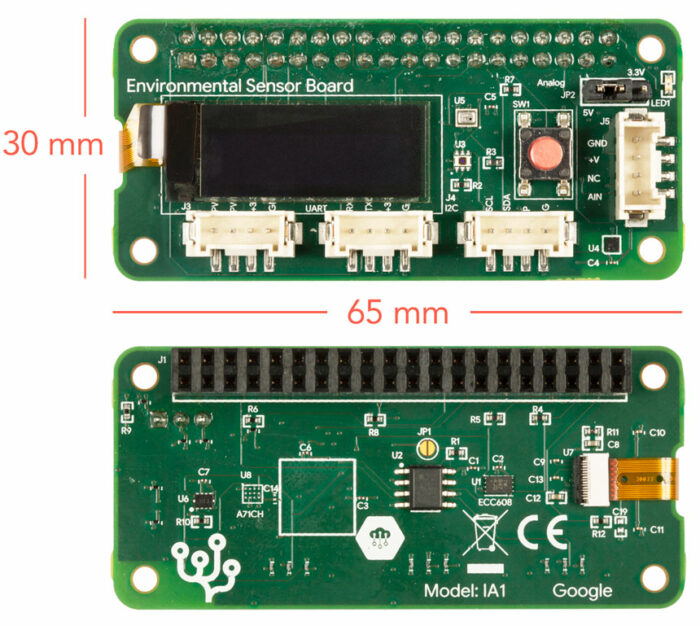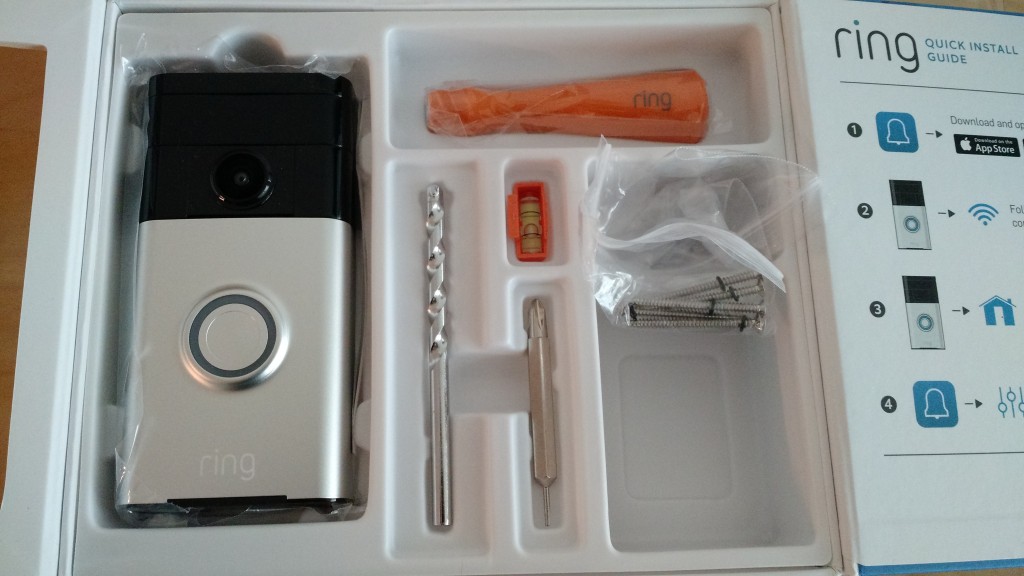This week Kevin and I offer a take on the U.S. Customs and Border Protection agency hack and what it means in terms of biometric data, broader security trends and how it relates to policing that can rely on connected AR glasses. Basically, it’s going to be a dystopian hellscape. Especially when you consider Spotify selling data about your emotional state, Amazon’s work on a wearable that detects your emotions, and Facebook trying hard to make a version of the Portal system that could sell. In other news, we discuss whether Uber’s air taxis need 5G, Amazon halting sales of its new Blink XT2 video camera and a new environmental sensing board from Google. And, in our IoT Podcast listener hotline, we answer a question about underrated smart home features. By definition, our answers should surprise you.

This week’s guest is Dominique Guinard, the CTO of Evrythng, a platform that connects unique tags to the internet. Brands ranging from Coke to liquor giant Diageo use the Evrythng platform to track individual items and connect brands to customers. Guinard discussed how Evrythng has changed with the times in the internet of things, how a new standard could let consumer packaged good companies track individual items, and how the economics are finally in favor of connected tags. We also discuss the tech needed to track a trillion connected objects, salmon and why companies always turn to marketing first when it comes to IoT. Enjoy the show.
Hosts: Stacey Higginbotham and Kevin Tofel
Guest: Dominique Guinard, the CTO of Evrythng
Sponsors: Dell Technologies and Nordic Semiconductor
- The surveillance state isn’t very secure
- This isn’t the data I really want to share with companies
- How many sensors did Google cram onto this board?
- Sensor tags are finally cheap enough for packaged good
- Yes, it’s the internet of salmon
Podcast: Play in new window | Download | Embed
Subscribe: RSS

